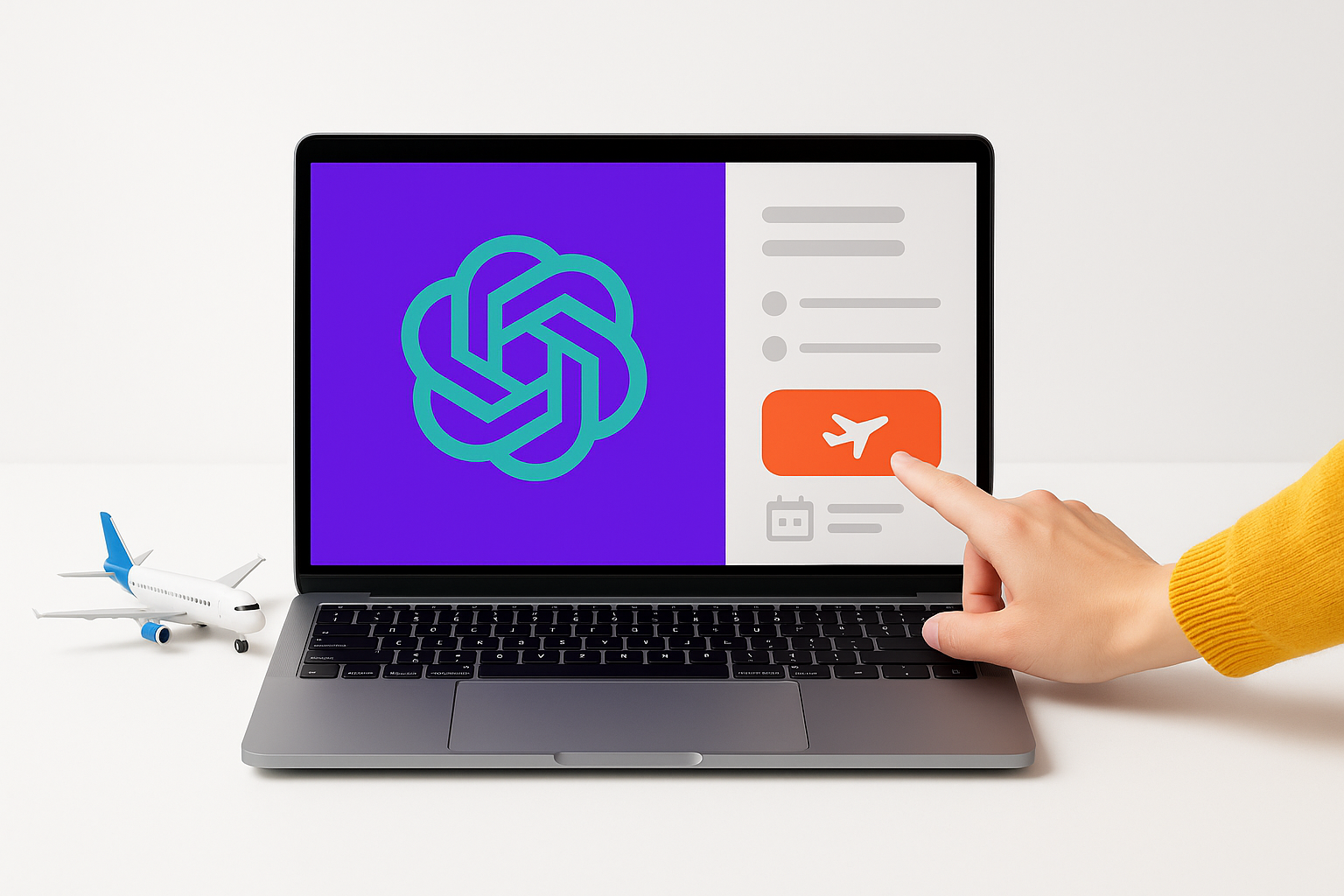The Growing Influence of AI in Online Travel
Imagine planning a holiday where every decision, from flight to hotel, is optimised by AI. This is no longer a futuristic dream but a present reality, and its implications for online travel are profound. Artificial Intelligence is reshaping how we plan, book, and experience travel. But will this ubiquitous technology ultimately enhance our journeys, or simply commoditise them?
What's New & Why It Matters
AI's integration into online travel platforms is set to escalate, with profound implications. According to a recent report by McKinsey (June 2025), AI-driven personalisation can increase conversion rates by up to 30%. This is largely due to its ability to analyse vast datasets to understand consumer preferences intricately. As AI tools become more sophisticated, travel companies are leveraging them to streamline operations and improve user experience. Expedia, for instance, has implemented AI chatbots that resolve 70% of customer queries without human intervention, boosting customer satisfaction and reducing operational costs.
Furthermore, AI's predictive capabilities are enhancing revenue management. Airlines are using AI algorithms to dynamically adjust prices based on demand forecasting, potentially increasing revenue by 5% as reported by TheStreet. This not only aids in optimising profit margins but also ensures competitive pricing for consumers.
Evidence Mini-Case
Consider Booking.com, a leader in the online travel agency space, which has embraced AI technology to enhance its offerings. By harnessing machine learning, Booking.com personalises recommendations for users, leading to a 20% increase in booking conversion rates. As noted by CEO Glenn Fogel, "AI allows us to tailor experiences in ways previously unimaginable." This personalisation extends to post-booking experiences, where AI-driven insights help tailor recommendations for local attractions and dining options based on past behaviour and preferences.
Counterpoint & Limits
Despite AI's promise, its implementation is not without challenges. Privacy concerns are paramount, as the technology relies on the collection of vast amounts of personal data. Consumers are increasingly wary of how their data is used, with a 2025 survey by the UK Information Commissioner's Office revealing that 45% of individuals feel uneasy about AI’s data usage. Additionally, over-reliance on AI can lead to a homogenised travel experience, stripping away the serendipity and discovery that often define meaningful travel.
Implications for Operators
- Adopt AI tools to enhance personalisation and boost conversion rates.
- Invest in data security to build consumer trust and comply with privacy regulations.
- Utilise predictive analytics for dynamic pricing and revenue management.
- Implement AI chatbots to improve customer service efficiency.
- Balance AI use with human touch to maintain authentic travel experiences.
- Monitor technological advancements to stay competitive in the evolving market.
Tiny Toolkit
- McKinsey's AI in Travel Report: Data-driven insights for strategic implementation.
- Expedia's AI Chatbot Guide: Learn how to enhance customer service.
- Booking.com's AI Integration: See AI personalisation in action.
Conclusion: Navigating the AI Landscape
As AI continues to permeate the online travel industry, its impact is both promising and complex. While it offers significant benefits in efficiency and personalisation, operators must navigate privacy concerns and ensure that technology enhances rather than detracts from the travel experience. By strategically adopting AI, balancing innovation with authenticity, and prioritising data security, the industry can harness AI's full potential while addressing its challenges.




Comments
Leave a Comment
No comments yet. Be the first to comment!